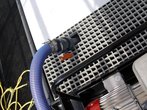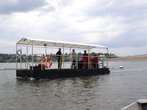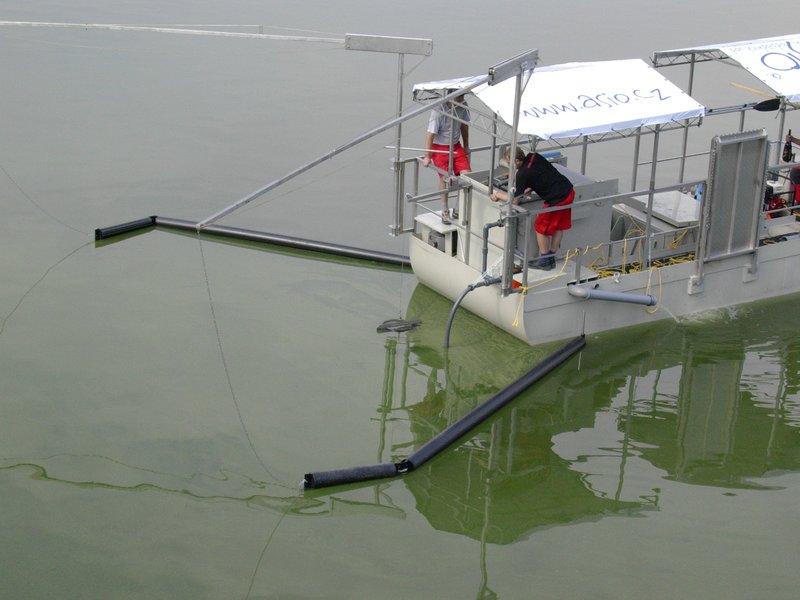Categories
Search product
Water Treatment
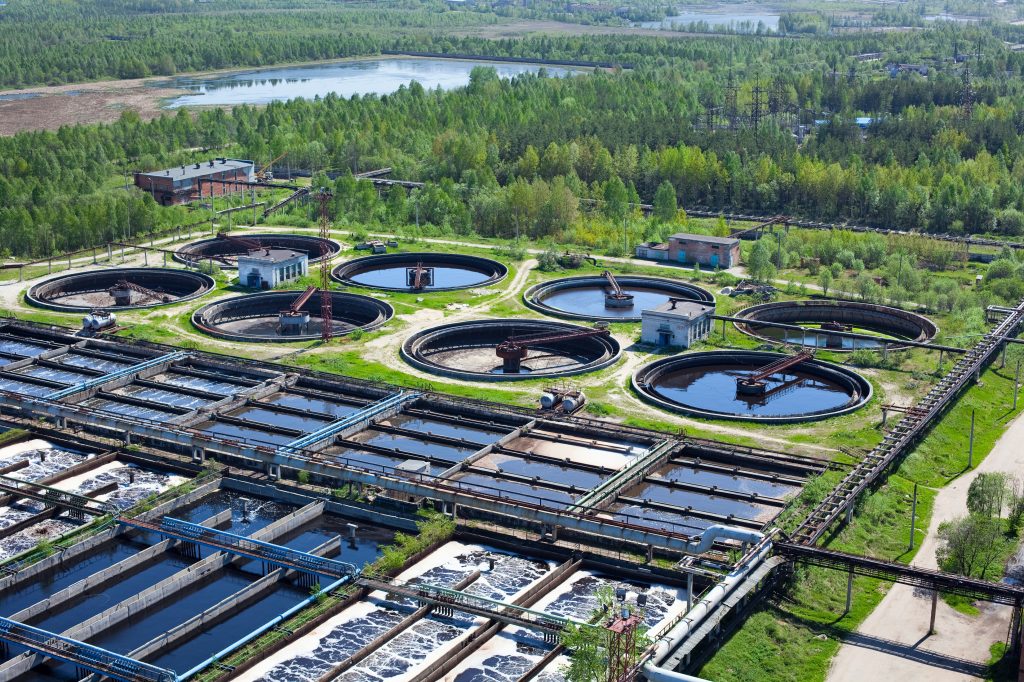
Water preparation processes comprise a wide range of technologies and physical-chemical methods. Methods must be selected with a view to the purpose of the use of the prepared water – the preparation of potable water requires a different approach from, e.g., the preparation of cooling water, feed water for boilers, or process water.
Applications
• Potable water preparation plants for municipalities, waterworks companies – refurbishment, intensification
• Preparation of very clean water – e.g., electrical industry, pharmaceutical and food-processing industry, feed water for boilers
• Groundwater processing plants – in places where connection to the public distribution network is not possible
• Rinsing water – glassworks, automotive industry, electrical industry, plastic production
• Cooling water
| General Principles of Water Treatment
Water preparation processes comprise a wide range of technologies and physical-chemical methods. Methods must be selected with a view to the purpose of the use of the prepared water – the preparation of potable water requires a different approach from, e.g., the preparation of cooling water, feed water for boilers, or process water.. |
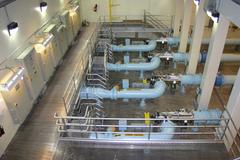 |
| Membrane Processes
Factors such as a growing population, decreasing supplies of surface water, and the price of potable water consumption, represent the reasons for the increasing need to optimize existing water preparation procedures with regard to their economy. For the past 20 years, membrane processes have experienced rapid development and today they are increasingly used in the water preparation sphere, where they are replacing the technologies that have been used thus far. |
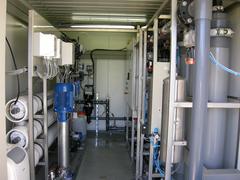 |
| Reverse Osmosis
Our reverse osmosis systems are made precisely in accordance with the customer’s specifications. Their design enables the use of water from various sources, e.g., potable, service, wastewater, etc. |
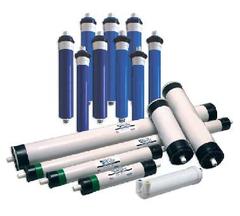 |
| Power Plant Chemistry
Power plant chemistry is a term that includes water preparation, corrosion, fatigue, and the service life of materials under the influence of chemical admixtures in the steam circuits of conventional and nuclear power plants, steam production, and the chemical cleaning of water and steam circuits. |
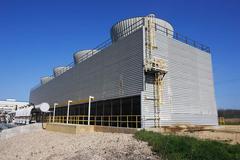 |
|
Preparation of Potable and Service Water Preparation of studies and projects for the standard or |
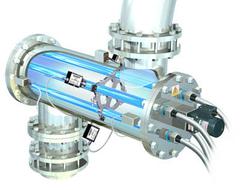 |
| Water Reservoirs
The refurbishment of water reservoirs, pumping stations, technological equipment, or water reservoirs |
|
| Cyanobacteria removal techniques
Helping to solve the problem of the excessive occurrence of cyanobacteria and algae in water bodies:In recent years, the quantity and concentration of phosphorus in water bodies has been increasing. |
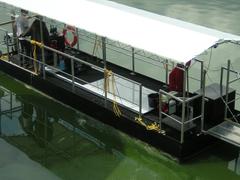 |
| Application Vessel
For this technology, the physical-chemical principle of cyanobacteria multiplication suppression is used, namely the dosing of coagulant into surface water. The vessel can be used for the controlled and exact dosing of any liquid substance into reservoirs, with detailed reporting as to the application. |
|
| Vessel for the Separation of Biomass Particles
The vessel for separating biomass particles from the water surface is used to remove biomass from the water surface.
|
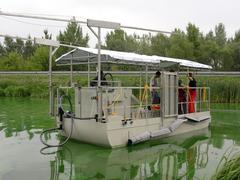 |
| Aeration Towers
Pump aeration towers are mainly used to stir the water column of the lake. They mainly use the principle of the transport of oxygenated water that is beneath the surface, to layers without oxygen that are near the bottom. Aeration towers with an aerator are mainly used to oxygenate the water column. Air is supplied to the aerator that is installed over the bottom. In the aerator, the air is mixed with water and this mixture of air and water is distributed via the aerator nozzles to the surrounding oxygen-free environment. |
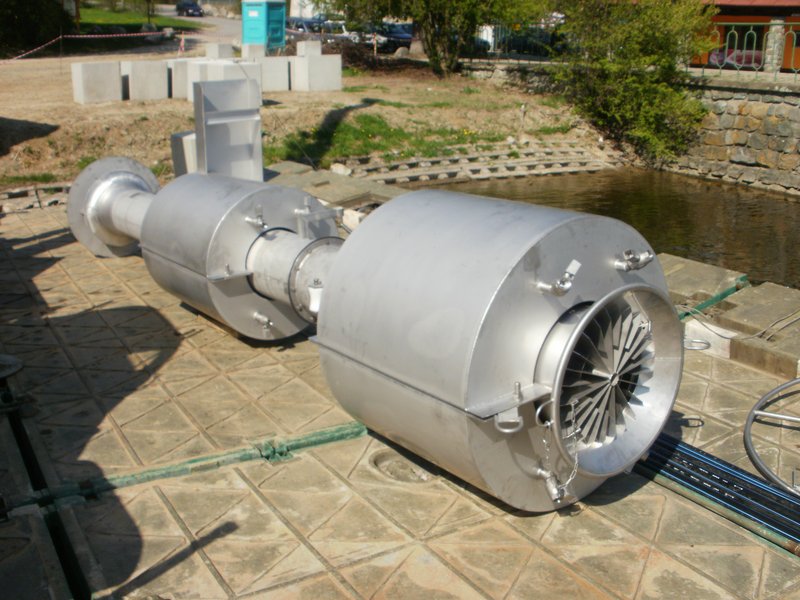 |
| Greywater
In this field, through the cooperation with ASIO, spol. s r.o. we can offer to our customers the preparation of expert statements, consultant services, studies and designs, audits and preparation of operating rules for: |
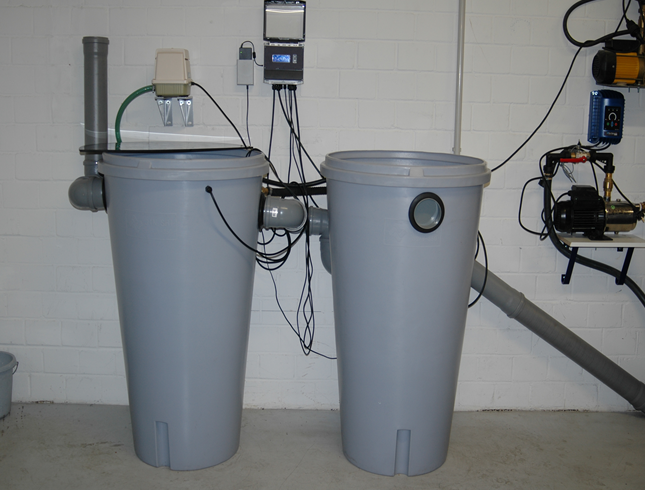 |
| AS-GW/AQUALOOP |

